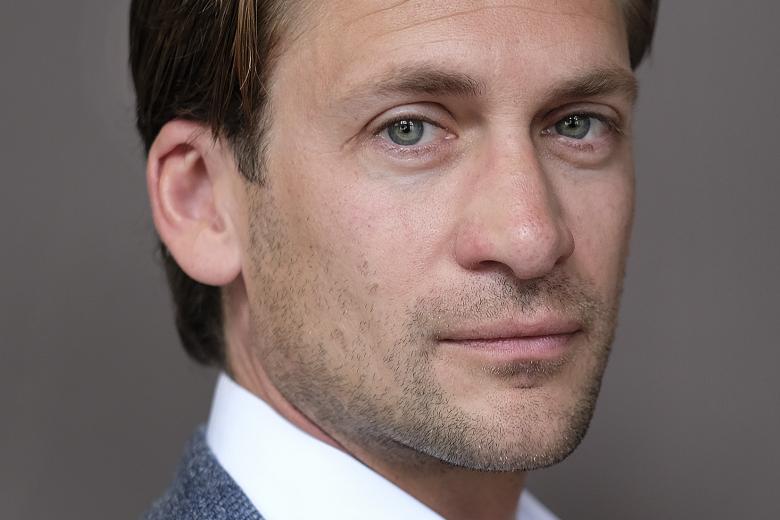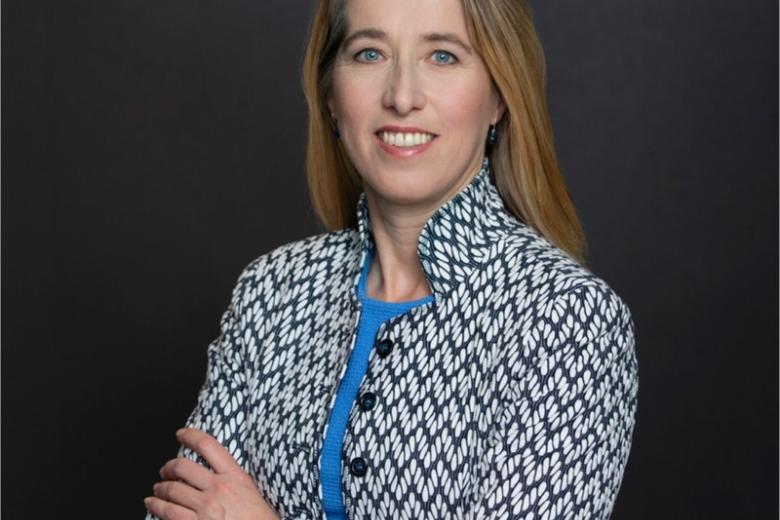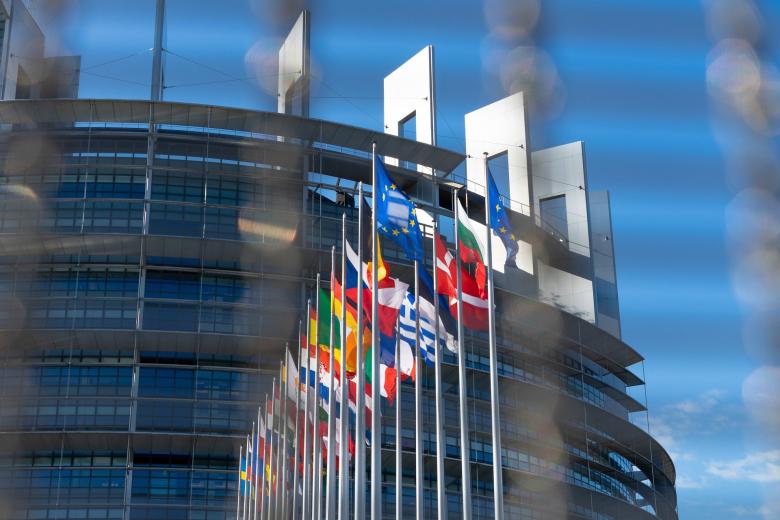Raf De Bont wins Dr Hendrik Muller Prize
Raf De Bont, associate professor of history of sciences at Maastricht University, will receive the Dr Hendrik Muller Prize, an amount of 25,000 euros, for his innovative contribution to the history of science and the environment.
From the jury report
Raf De Bont is one of the leading historians of his generation. His research provides an original perspective on the changing relationship between man and nature in the nineteenth and twentieth centuries. The innovative aspect of his approach is that he links science, culture and environmental history in unexpected ways. For example, he investigates the way in which international networks of scientists could claim "wild" nature in the colonies as a field of activity. In another study, he highlights how nature conservation organizations have made so-called "primitive" peoples the object of protection.
In his current VICI research project Moving Animals: a History of Science, Media and Policy in the Twentieth Century, De Bont analyzes how people spread wild animals around the world (think of 'exotic' invasions, large-scale trade in zoo animals and reintroduction of endangered species).
Dr Hendrik Muller Prize
The prize consists of an amount of 25,000 euros and a certificate. The winner can use this amount of money to (co) finance a research project of choice. The dr Hendrik Muller's Vaderlandsch Fonds - founded and named after the Dutch businessman, scientist and diplomat dr Hendrik Pieter Nicolaas Muller (1859-1941) - makes the prize financially possible. The Academy takes care of the judging and the awarding of the prize.
Also read
-
If Europe wants it, it is possible: a better world
Climate, war and resurgent nationalism: global cooperation is rattling on all sides. Yet Professor Mathieu Segers still advocates European leadership: 'When death and destruction are spreading, and there seems to be no more light, often the most brilliant plans emerge.'

-
Science is not a monopoly of Universities
For science does not happen only through the university, Marjolein van Asselt, outgoing professor of Risk Governance at Maastricht University, argued during her farewell lecture.

-
His days in the Netherlands seem numbered, but in Europe Rutte is actually powerful
Prime Minister Rutte's position in Europe is quite strong," observes EU expert Mathieu Segers, professor of European History at Maastricht University.
